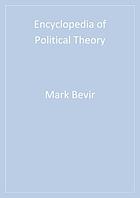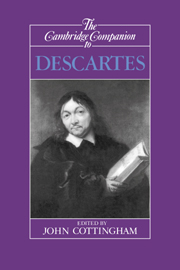 Encyclopedia of Political Science
by
George Thomas Kurian (Editor)
Encyclopedia of Political Science
by
George Thomas Kurian (Editor)
Call Number: Ebook
ISBN: 9781608712434
Publication Date: 2010
This comprehensive work traces the evolution of political theories, concepts, research frameworks, and political practices from across the world. The encylopedia reflects a wide range of concepts and frameworks, both Western and non-Western, national and international. It supports all of the core undergraduate courses in political science: American government, comparative politics, international relations, public policy, public administration, political behavior, political theory, and political science methods.

 Encyclopedia of Political Theory
by
Encyclopedia of Political Theory
by

